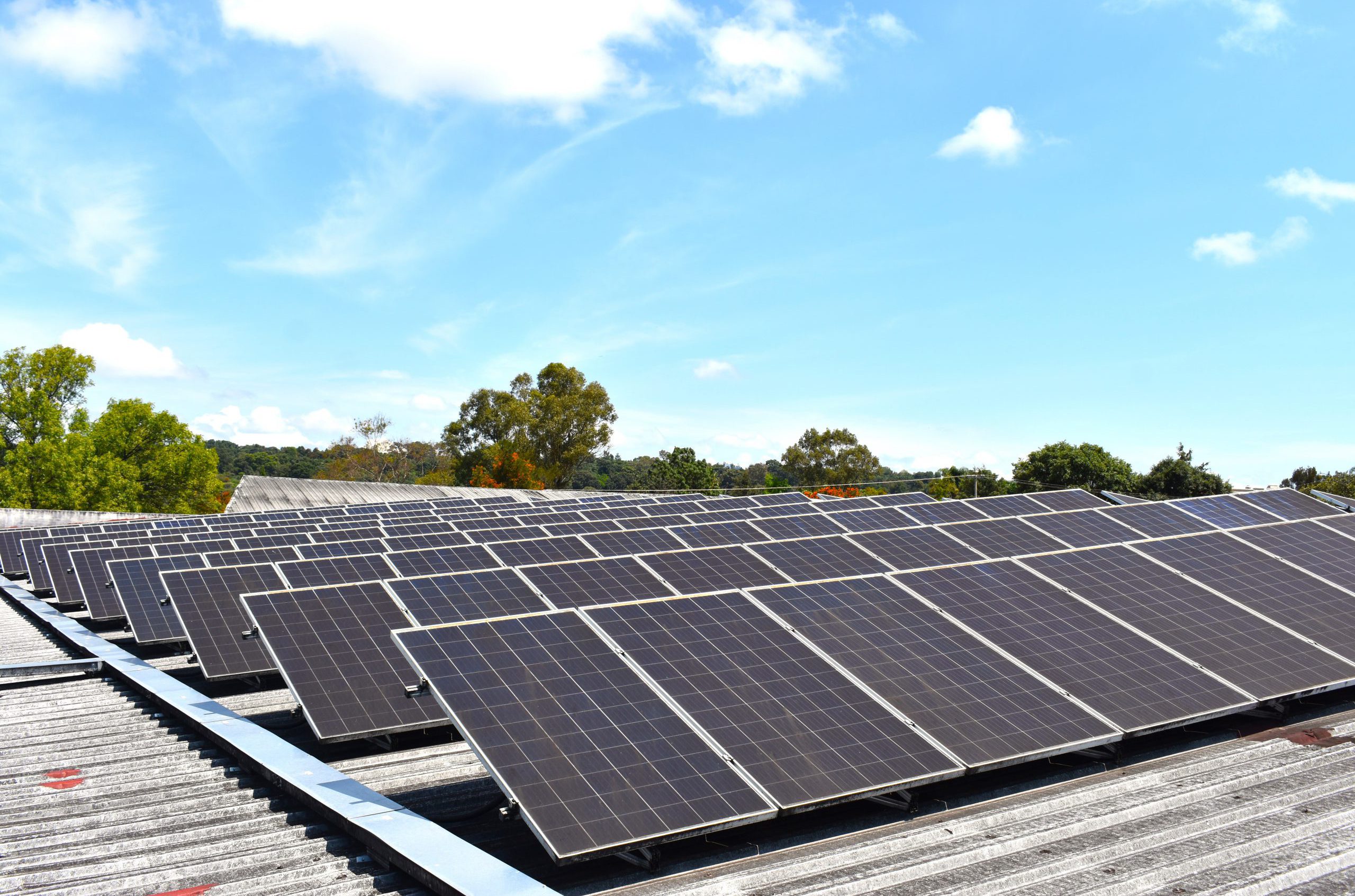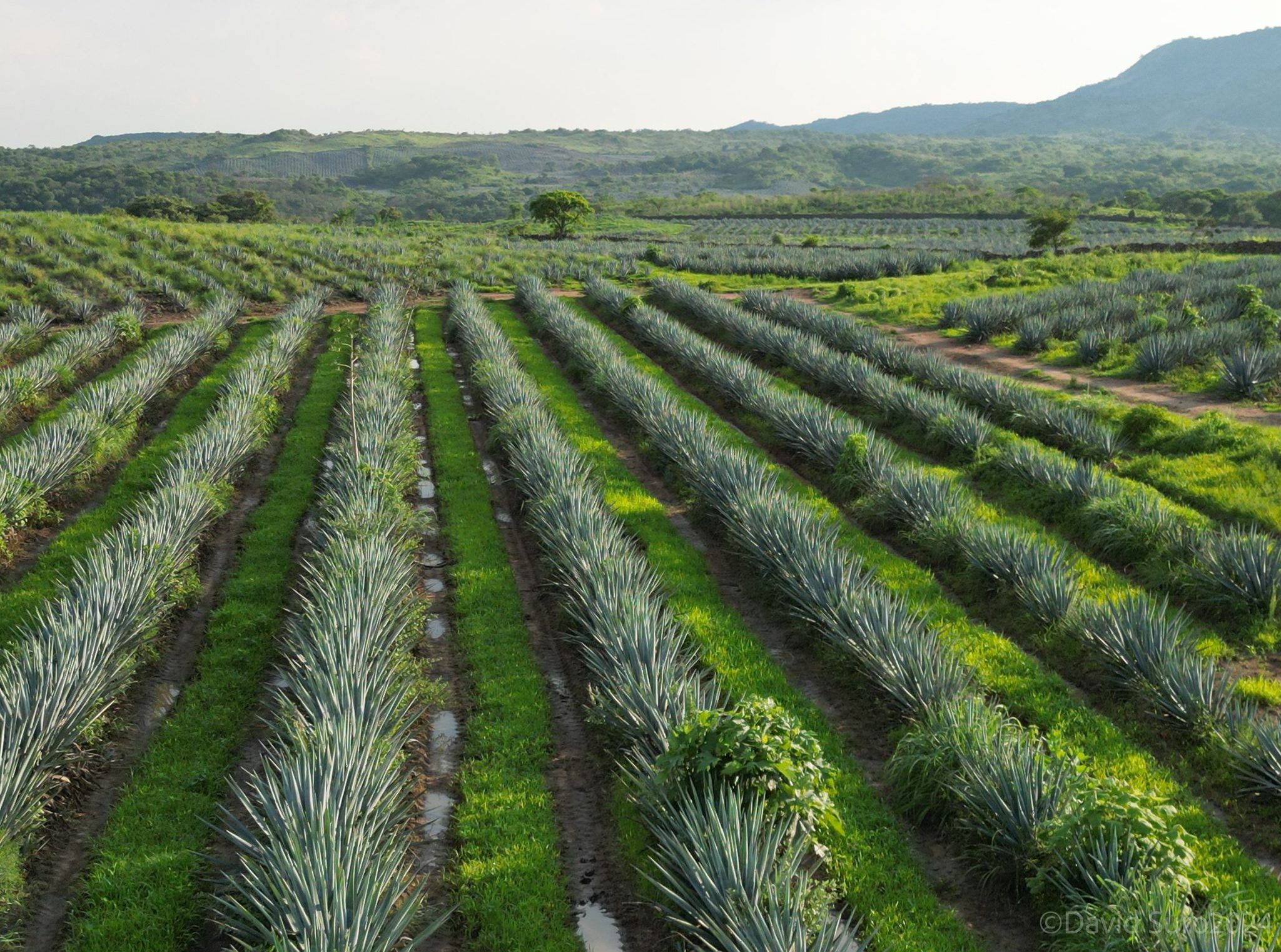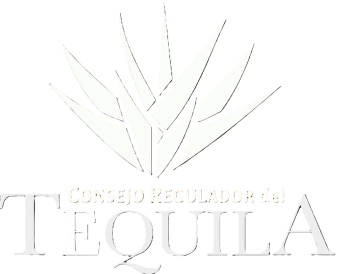This September 25 marks nine years since the approval of the 2030 Agenda of the United Nations (UN) for Sustainable Development.
To strengthen the Agave-Tequila Productive Chain, lines of action were established in alignment with 16 of the 17 Sustainable Development Goals (SDGs).
Zapopan, Jalisco, September 24, 2024.- Tequila is not only one of the most regulated alcoholic beverages in the world, it is also setting an example worldwide for taking care of and acting for the benefit of the environment. As we mark the ninth anniversary of the United Nations (UN) 2030 Agenda for Sustainable Development, it is important to remember that the Agave-Tequila Sustainability Strategy aligns with 16 of the 17 Sustainable Development Goals (SDGs).
“In 2016, the Tequila Regulatory Council A.C. (CRT), in collaboration with the Mario Molina Center and the tequila industry, developed a Sustainability Strategy for the Agave Tequila Chain. This strategy, with its clearly defined objectives, has already yielded significant results. These include a 6.2% reduction in Tequila’s carbon footprint from 2014 to 2020, the prevention of deforestation across over 15,000 hectares in Jalisco through the ARA (Agave Responsible Agriculture) certification, the annual planting of over 50,000 trees, and ongoing research projects that will drive us towards achieving our sustainability goals,” said Carlos Fernando López de la Cruz, Head of Sustainability Projects at the CRTCRTCRT.

The Agave-Tequila Sustainability Strategy is built upon seven key pillars: decarbonization of the industry, efficient water use, sustainable agricultural practices, zero deforestation in Tequila production, waste treatment, strengthened social programs, and regional economic development. .
“The tequila sector directly contributes to achieving the 2030 Agenda goals by focusing on ensuring access to clean water and sanitation, promoting affordable and clean energy, fostering inclusive and sustainable economic growth, promoting sustainable industrialization and innovation, encouraging sustainable consumption and production patterns, and taking urgent action to combat climate change and its effects,” explained CRT spokesperson Carlos López.CRT.

The Sustainability Strategy for the tequila agroindustry has set ambitious 2030 goals: reduce the direct carbon footprint by 25%, increase the consumption of renewable energy sources by 12%, increase the consumption of renewable electrical energy by 5%, reduce water consumption per production unit by 15%, and increase the percentage of treated water by 80%. Tequila agribusiness has invested more than 128 million dollars in recent years in projects aimed at reducing its environmental impacts. Each project, each new measure, represents an effort to make Tequila the most sustainable drink in the world.
